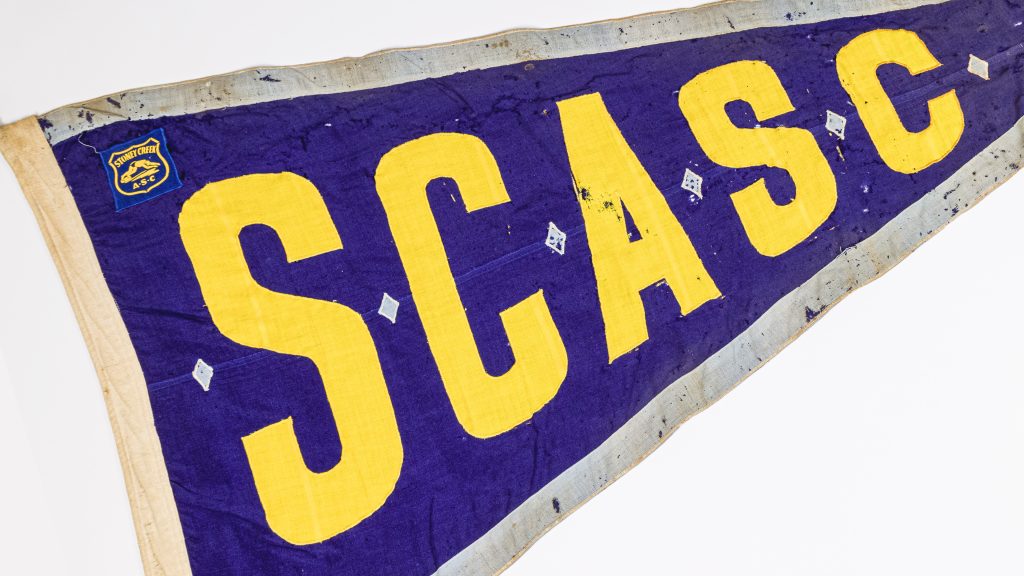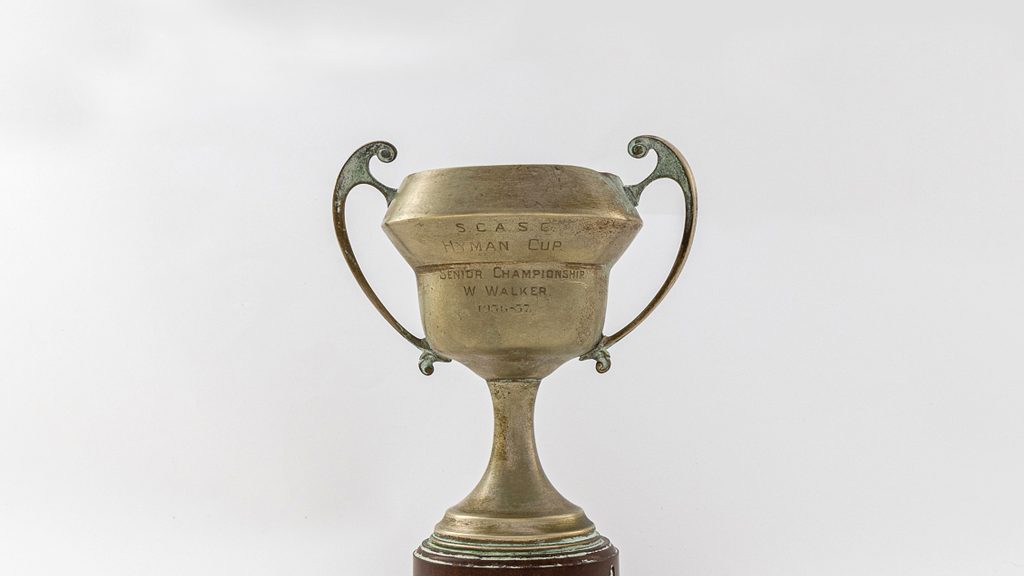
After diving into the still, muddy water of Stoney Creek at Toronto in the early 1930s, Bill Walker usually took a lap or two to warm up. But when he did, Bill was hard to beat. Known for his staying power, the Newcastle Sun considered him ‘a swimmer of class with excellent prospects.’ Over the […]
Read More…
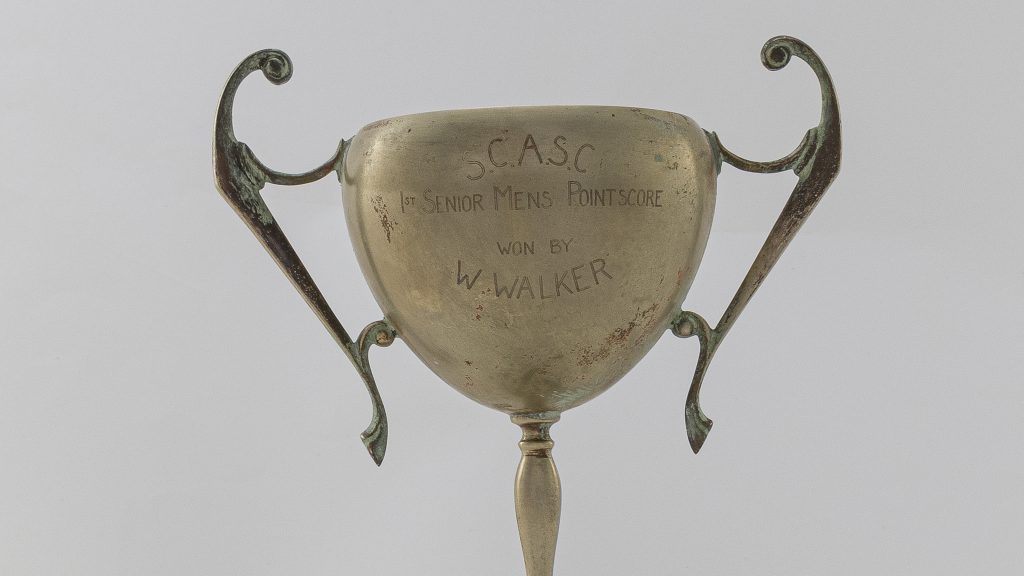
Would you think twice before plunging into a murky creek at night? When the Stoney Creek Amateur Swimming Club (established in 1930) announced in 1934 that it would hold night races at Stoney Creek, near Toronto, Lake Macquarie, the young William ‘Bill’ Walker (1913-1975) probably had no reservations. This silver trophy was one of two […]
Read More…

On a Friday afternoon in early February 1919, the members of Narrabri Red Cross Society called for a town hall meeting of the utmost urgency ‘for the purpose of coping with the influenza epidemic should it make its appearance in the town or district.’ The invitation was extended to all who wished to volunteer their […]
Read More…
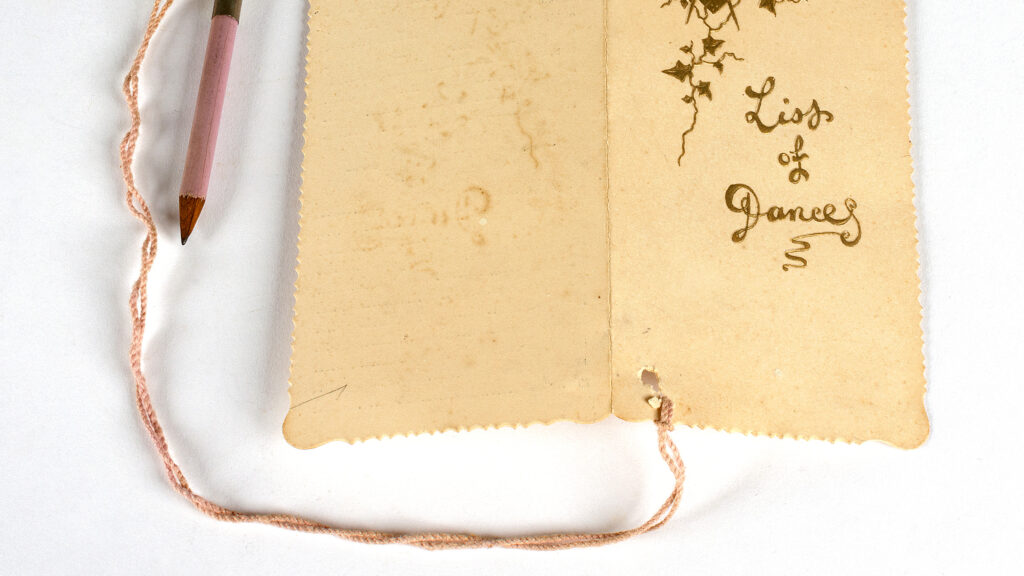
In regional towns in the early twentieth century, balls and dances were opportunities for the community to gather, be festive, and spark new friendships or romances. Days afterwards, an article in the newspaper would usually appear which detailed the night, including the decorations, the catering, and the attendees – whose names and attire were carefully […]
Read More…
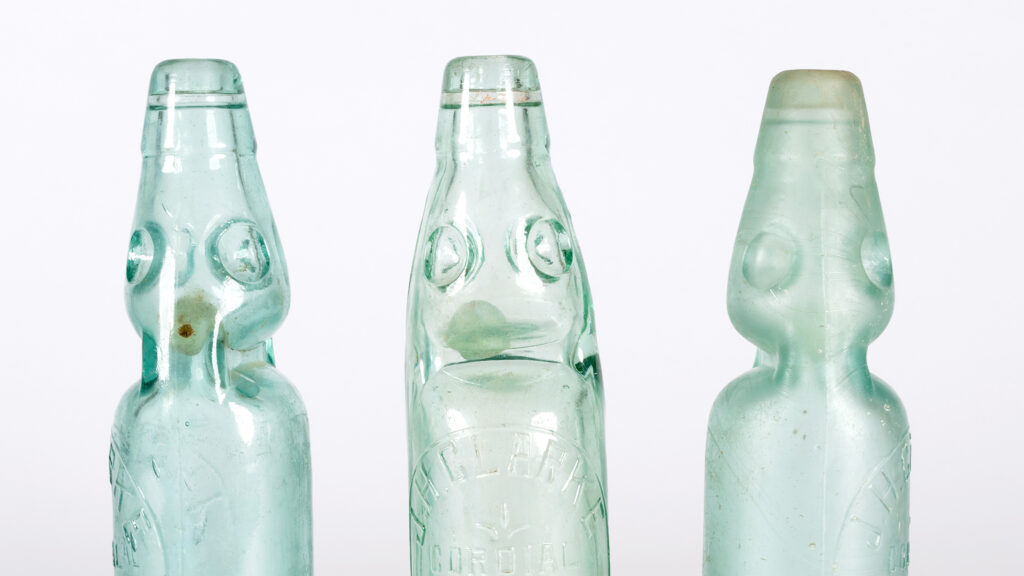
In 1924, there were at least two hundred and thirty cordial manufacturers in NSW alone. James Herbert Clarke (1873-1954) in Narrabri, northern NSW, was one of them. Bert found his passion for cordial making while working for Edmund Fuss, a chemist turned cordial maker. At the time, cordial factories produced an enormous range of drinks […]
Read More…

‘When completed, the building will be a handsome ornament to the town as well as a secure asylum for those who are unfortunate enough to deserve its doors being closed upon them.’ (Reporter from The Maitland Mercury and Hunter River General Advertiser, 1881.) Built between 1880 and 1881, Narrabri Gaol was constructed by a local […]
Read More…
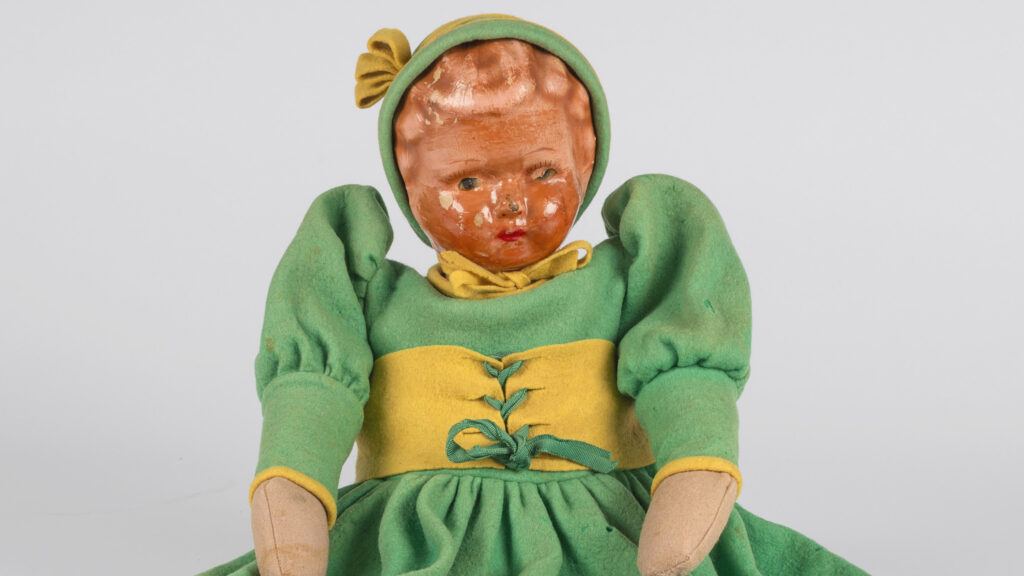
Mary was a cherished family doll for over a hundred years whose journey began with Alice Helen Rodgers (1894-1955). Alice was born at Red Range near Glen Innes, on Noogoorabul/Ngarabal country in northern NSW. Established in the 1850s, the small rural community was predominantly home to settlers who worked on local farms or at the […]
Read More…
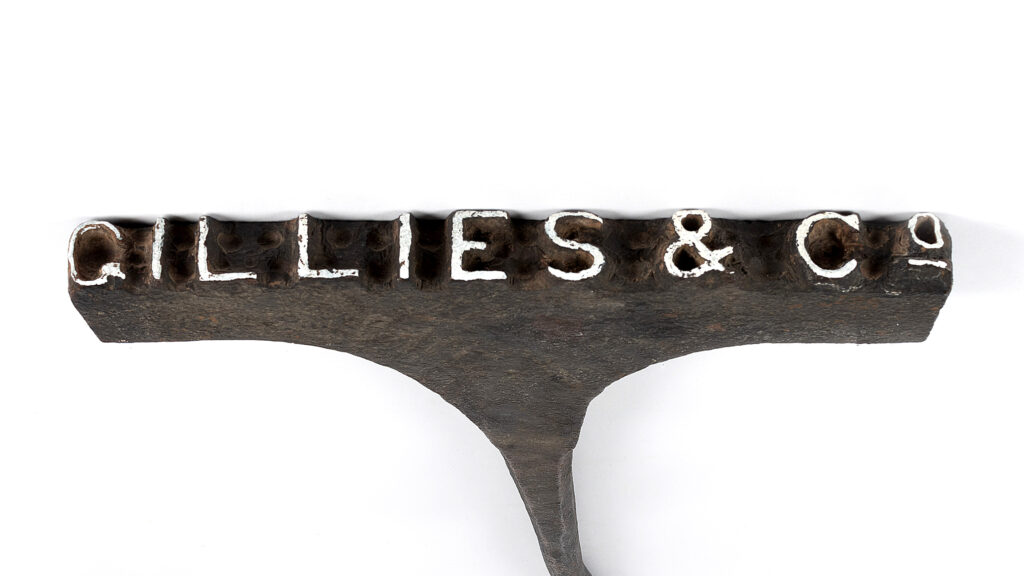
When the Glen Innes Brewery opened in 1882 with the latest machinery, it was described as sparing no expense. Word spread of the first brew exceeding the expectations of proprietors, J.A Spier and Thomas Craig Gillies (1855-1924), and it was soon predicted that ‘a great future is in store for the Glen Innes beer.’ However, […]
Read More…
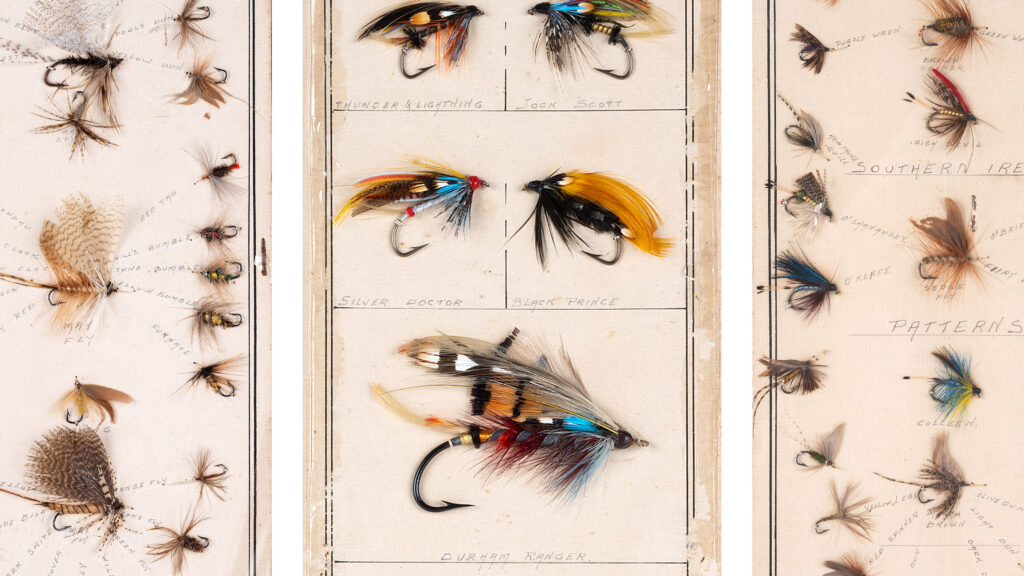
In 1934, Elsa Lowry (née Garrett) (1914-1991) expected to make 50,000 fishing flies a year in her small workshop in Katoomba, in central NSW. Each of her 500 varieties of fly were tied by hand and mimicked insects that fish loved to eat like ants, flies, dragonflies and crickets to ‘entice trout from …. secluded […]
Read More…



